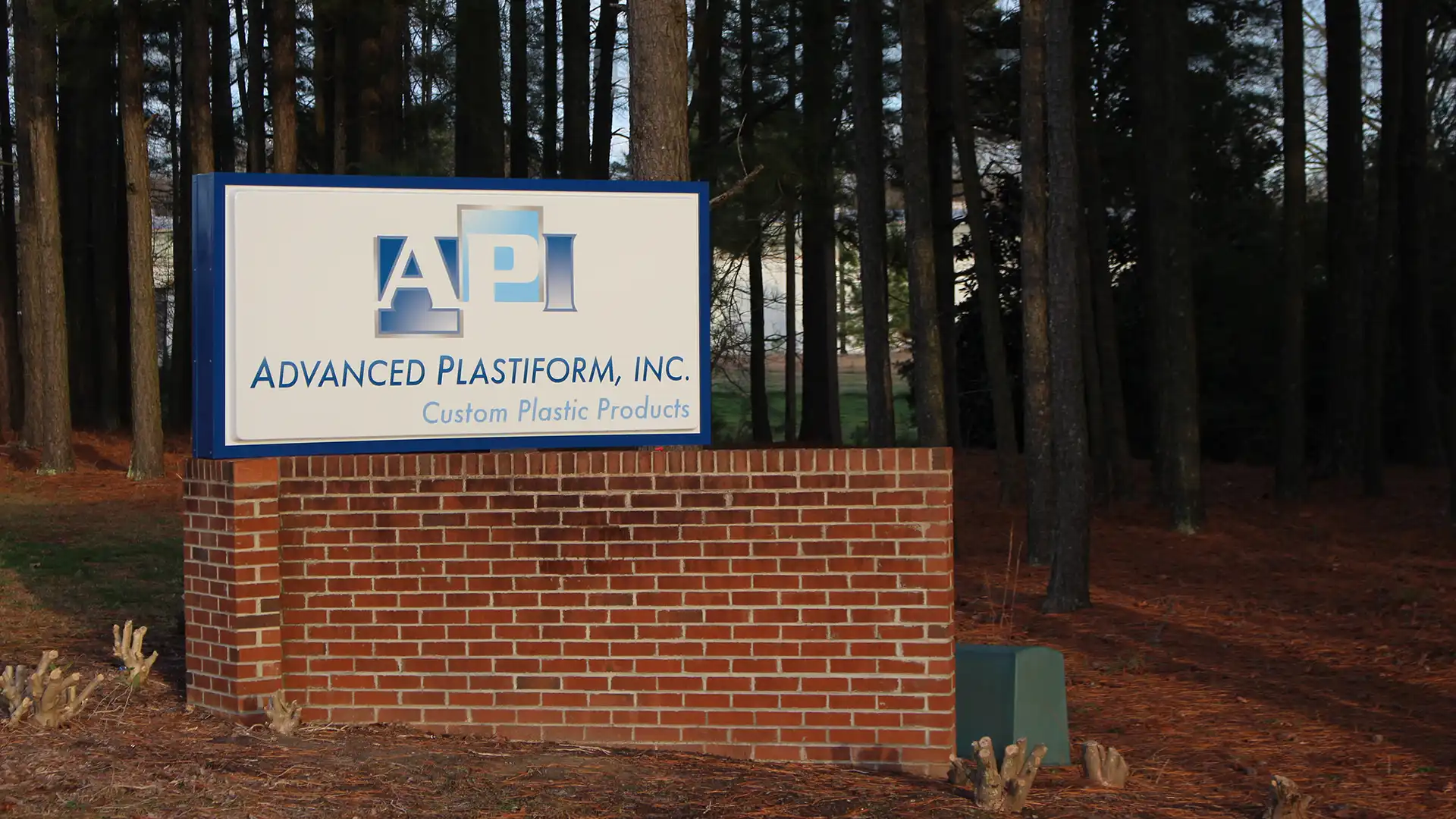Injection Molding vs 3D Printing: Which Manufacturing Method is Right for You? When you need…
3D Printed Molds: Are They Suitable for Injection Molding?
Injection molding is an efficient way to manufacture high volumes of small or complex plastic parts and components. However, one of the biggest drawbacks to this manufacturing method is the amount of lead time necessary and the high cost of metal tooling. With the availability of 3D printing, more product designers are exploring 3D printing materials for tooling, but is this a viable option? Our injection molding company in North Carolina is looking at whether 3D printed molds for injection molding can be used.
Why Use Metal for Injection Molding Tooling
First, let's look at the injection molding process to understand why metal, particularly aluminum, steel, or copper alloy, is the preferred material when crafting tooling. Thermoplastic is melted to a liquid state, and a high-pressured injector forces the plastic into a custom mold to achieve the desired shape. High pressure is used to ensure the plastic completely coats and fills the interior of the mold in order to achieve the necessary thickness, shape, and detailing. Then, the metal is cooled so the plastic hardens quickly and the finished component is ejected from the mold.
The Downside of Metal Tooling
Tooling used in injection molding is dual-sided in order to create a complete product so they are complex to design and fabricate. Additionally, they must be able to tolerate up to 530 tons of pressure under repeated or long-term usage without wearing out or malfunctioning to maintain the accuracy and consistency necessary. This means the lead time to design an accurate mold is several weeks at least and the cost is going to be significantly more than the tooling used in thermoforming. However, once the tooling is in use, production costs are incredibly low.
When injection molding is the only feasible form of production, but a low quantity of components (less than 1,000) are necessary, metal tooling can often be cost-prohibitive.
Why Use 3D Printed Molds for Injection Molding
With 3D printing, a CAD file of the tooling you need can be entered into the printer and within a short time, you can have the tooling you need to manufacture custom plastics. Rather than weeks, 3D printed tooling can be ready in just a few days and for a fraction of the cost of metal tooling. This makes it an attractive option from an economic standpoint, especially when a low-volume order is needed.
The Downside of 3D Printed Tooling
The big problem with 3D printed tooling is that it simply isn't strong enough to handle high-temperature, high-pressure production runs. Molds are made from photoreactive resin and cured by UV light, and while they're very hard, they break down quickly when exposed to high temperatures needed to mold high impact polystyrene or polyethylene and can only be used a handful of times.
Additionaly, 3D printed tooling requires more careful planning when placing ventilation to improve the amount of pressure the mold can tolerate and ejector pins to avoid weakening or breaking the part during ejection. Steel and aluminum tend to be more straightforward in their design with these factors.
A Time and Place for 3D Printed Tooling
While we would never recommend nor use 3D printed tooling for high-volume injection molding, it does have benefits and uses. In fact, 3D printing can speed up the prototyping process significantly as well as allow designers to mold several versions of a part to explore options and ensure they have the right design. It can also be used for low-volume production runs to reduce costs and speed up the lead times significantly.
Request a Quote for Injection Molding Custom Plastics
If you need a high volume of custom plastics, Advanced Plastiform, Inc. can help. We manufacture plastics through thermoforming and injection molding, providing the accuracy and consistency you need as well as quick lead times and low per-unit pricing. We work with companies throughout the Southeast and Mid-Atlantic states, including North Carolina, South Carolina, Pennsylvania, Maryland, Tennessee, Georgia, and Virginia. To learn more or to speak to an injection molding engineering expert about your next project, contact us by calling 919-404-2080 or filling out the easy-to-use contact form.

